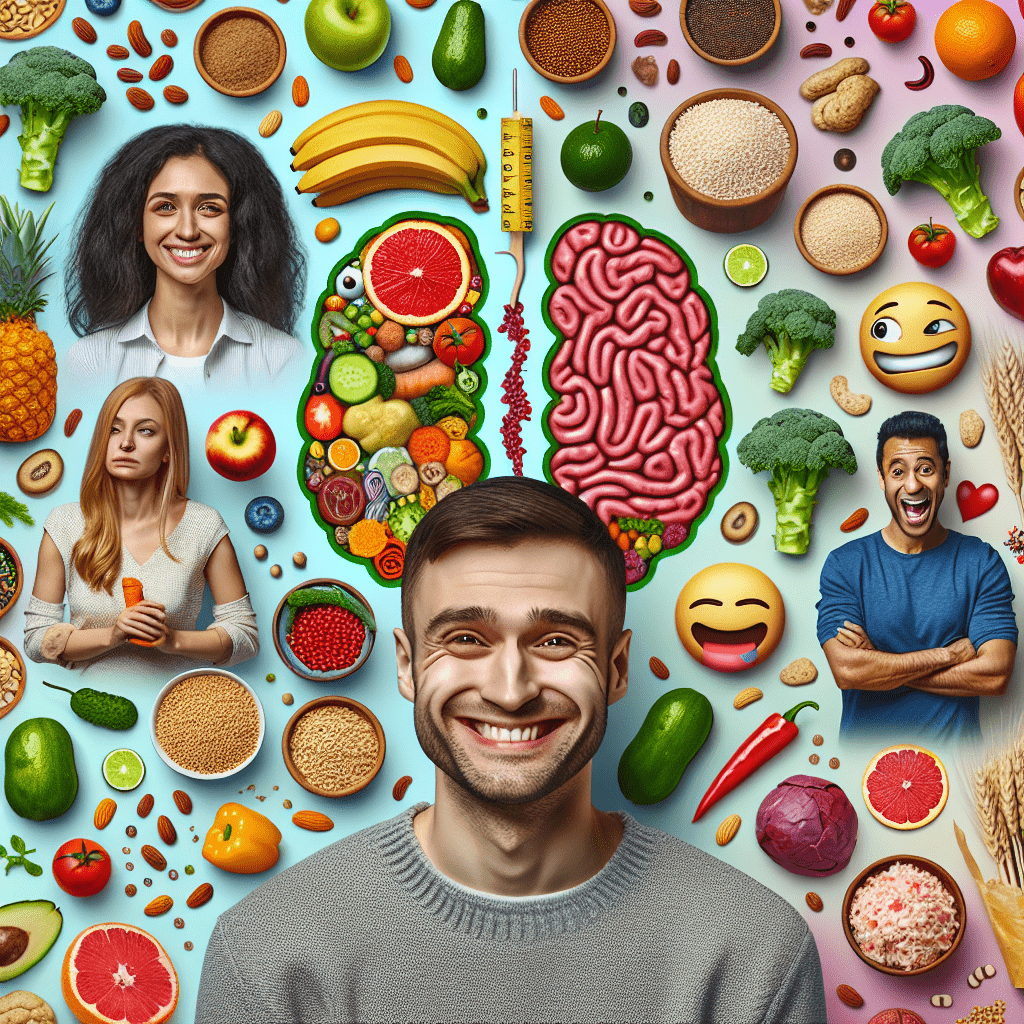The Impact of Food on Mental Health: How Nutrition Affects Your Mood
It is common knowledge that the food we eat has a direct impact on our physical health, but did you know that it also plays a crucial role in our mental well-being? Our diet can influence our mood, cognitive function, and overall mental health. In this article, we will explore the connection between nutrition and mental health and discuss how you can make mindful food choices to support your emotional well-being.
The Link Between Food and Mood
Research has shown that there is a strong correlation between the quality of our diet and our mental health. Foods high in sugar, processed fats, and artificial additives have been linked to an increased risk of depression, anxiety, and other mental health disorders. On the other hand, a diet rich in whole foods, fruits, vegetables, and healthy fats can have a positive impact on our mood and cognitive function.
One of the key reasons for this connection is the effect of certain nutrients on our brain chemistry. For example, omega-3 fatty acids, found in oily fish, nuts, and seeds, are essential for brain health and have been shown to reduce symptoms of depression and anxiety. Similarly, foods rich in antioxidants, such as berries and leafy greens, can help protect our brain cells from oxidative stress and inflammation.
Building a Mental Health-Friendly Diet
So, how can you modify your diet to support your mental well-being? Here are some tips to help you build a mental health-friendly diet:
- Include plenty of fruits and vegetables in your meals to ensure you are getting a wide range of vitamins and minerals.
- Choose whole grains, such as brown rice and quinoa, over refined grains like white bread and pasta.
- Incorporate sources of healthy fats, such as avocados, nuts, and olive oil, into your diet.
- Limit your intake of sugary and processed foods, which can disrupt your mood and energy levels.
- Stay hydrated by drinking plenty of water throughout the day, as dehydration can affect your cognitive function and mood.
The Role of Gut Health
Another important factor to consider when discussing the impact of food on mental health is the role of gut health. The gut-brain axis is a bidirectional communication system between the gut and the brain, and emerging research suggests that the health of our gut microbiome can influence our mood and mental well-being.
Probiotic-rich foods, such as yogurt, kefir, and sauerkraut, can help support a healthy gut microbiome and improve digestion and nutrient absorption. Prebiotic foods, like garlic, onions, and leeks, can also promote the growth of beneficial gut bacteria. By taking care of your gut health, you are supporting your mental health as well.
Conclusion
Overall, the impact of food on mental health is significant. Making conscious choices about the foods you eat can have a profound effect on your mood, cognitive function, and overall well-being. By prioritizing a diet rich in whole foods, fruits, vegetables, and healthy fats, you can support your mental health and enjoy a happier, more balanced life.
FAQs
We’ve compiled some frequently asked questions about the link between food and mental health:
- Can food really affect my mood?
- What are the best foods for mental health?
- How can I improve my gut health?
Yes, research has shown that certain nutrients can have a direct impact on brain chemistry and influence our mood and mental health.
Foods rich in omega-3 fatty acids, antioxidants, and vitamins and minerals are beneficial for mental health. Examples include oily fish, berries, leafy greens, and nuts.
Eating probiotic-rich foods, such as yogurt and sauerkraut, and consuming prebiotic foods, like garlic and onions, can help support a healthy gut microbiome.
TIP
Remember that small changes in your diet can lead to significant improvements in your mental health. Start by incorporating more whole foods and nutrient-dense ingredients into your meals, and pay attention to how different foods make you feel. Your mind and body will thank you for it!
#Impact #Food #Mental #Health #Nutrition #Affects #Mood

